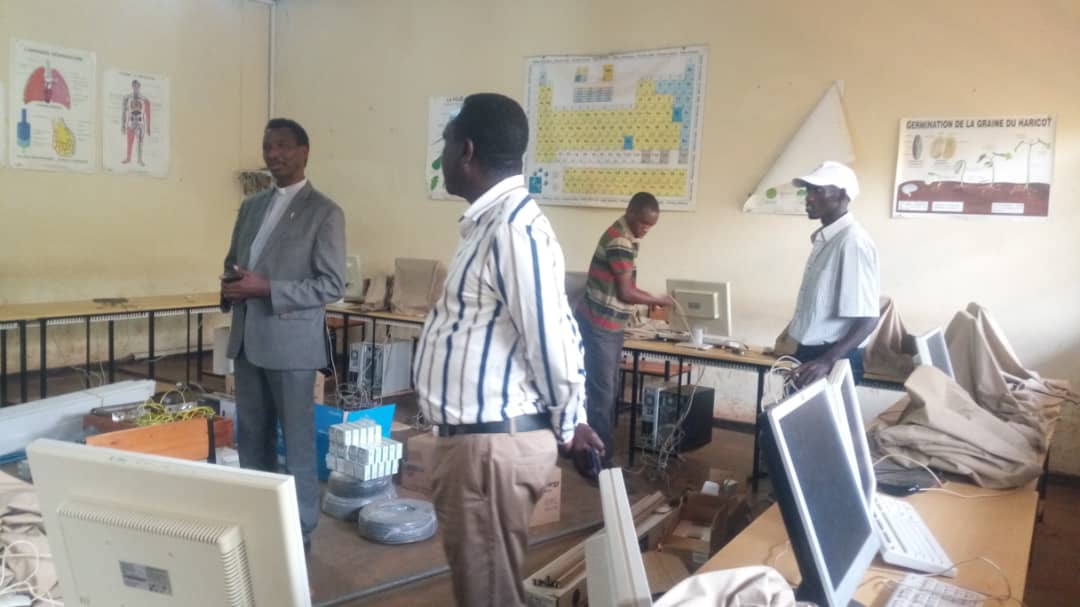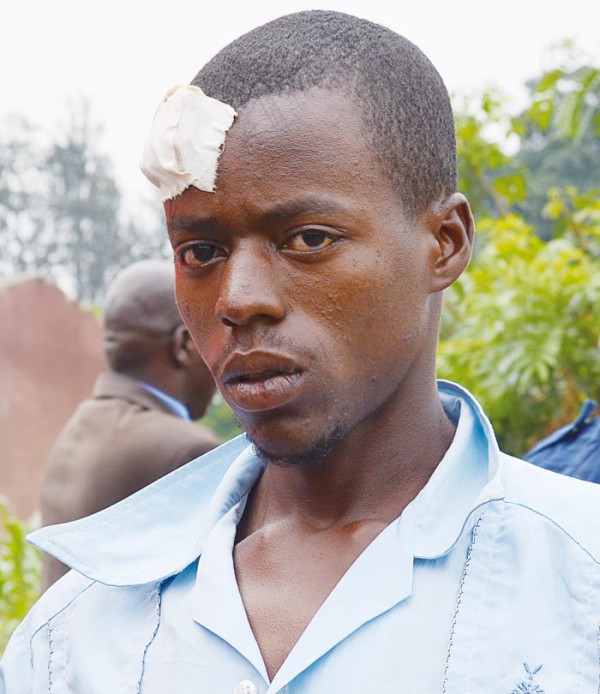



Sometimes, I found myself wishing I hadn’t left my parents’ home,” she says. For years, they both had to live and work on another villager’s farm to make ends meet – just enough to eat one meal a day. Later, she fell for an even poorer man, Sylvestre Habiyaremye, who owned no land, no house, and no livestock. “As a child, we never had enough to eat three times a day – ever,” she recalls. She was born to a poor household here in Rwimbogo – or the buffles’ hill, in Kirundi language. Béatrice says she feels reassured, as she has no reason to fear for her child’s nutrition anymore.īéatrice’s mind hasn’t always been this tranquil. It’s not much, but it’s enough to nourish us.” She hands out a cupful to Chanique, her 3-year-old daughter, who happily drinks it in one draught. So, she provides us with 2,5 liter of milk per day. “Maza isn’t from a genetically improved breed. “We’ve milked Maza every day since she calved,” says Béatrice, as she enters her home to fetch a pail of the morning’s fresh milk. And to this day, cows provide countless farmers with a source of daily food, of much needed income, and of replenishing manure. Herders revered their beauty, recited poems, or even talked to them. For centuries, Burundi’s whole civilization was built around them.

The reason is simple: of all domestic animals in rural Burundi, none are as noble and coveted as cows. “I could count on the fingers of a hand my acquaintances who do.” Purchasing cattle is certainly all but easy here, as one cow sells for the equivalent of $400 dollars – a fortune in one of the world’s poorest countries. “Having a cow is a rare honor,” she says. Behind her stands a modest, ochre-brick house, where Béatrice and her family live with no running water or electricity. She’s my pride,” she says as she strokes the cow’s neck. With its lyre-shaped horns, its shiny black coat, and its wide eyes, the cow cuts an impressive figure as it grazes inside a kraal under tall banana trees.īéatrice Nibogora, 23, removes the barrier made of solid, cleverly intertwined branches that closes the kraal’s entrance. Karuzi, Burundi – On the fertile hills of Rwimbogo, wealth walks around on four legs.


 0 kommentar(er)
0 kommentar(er)
